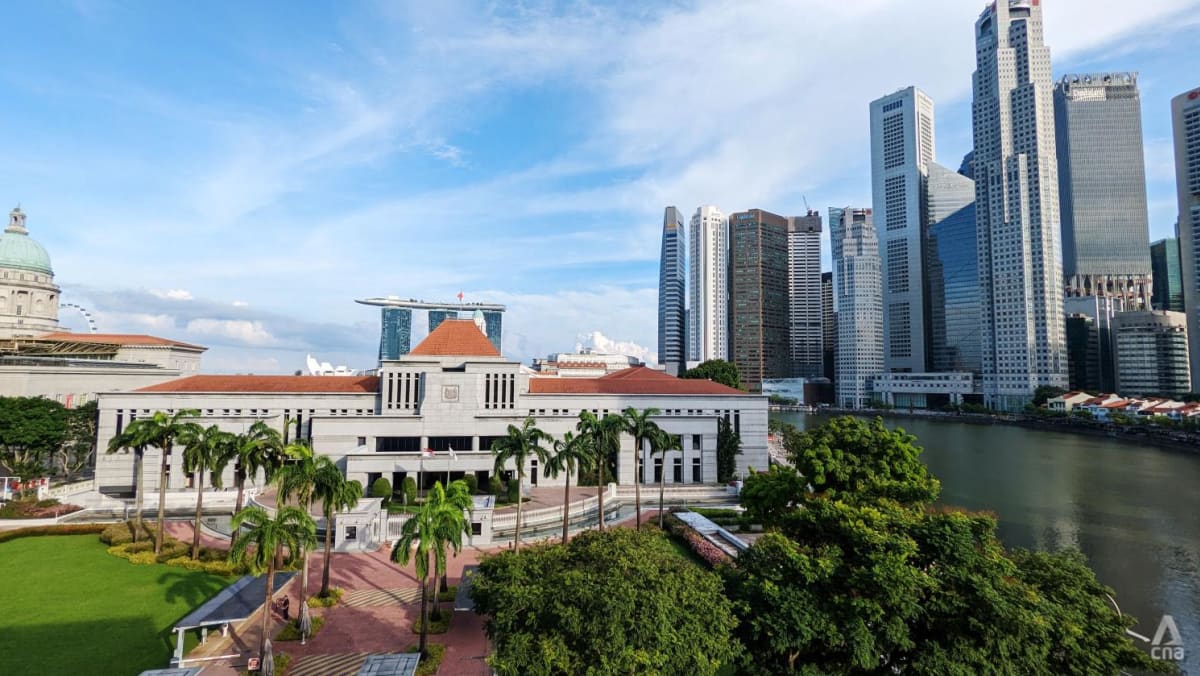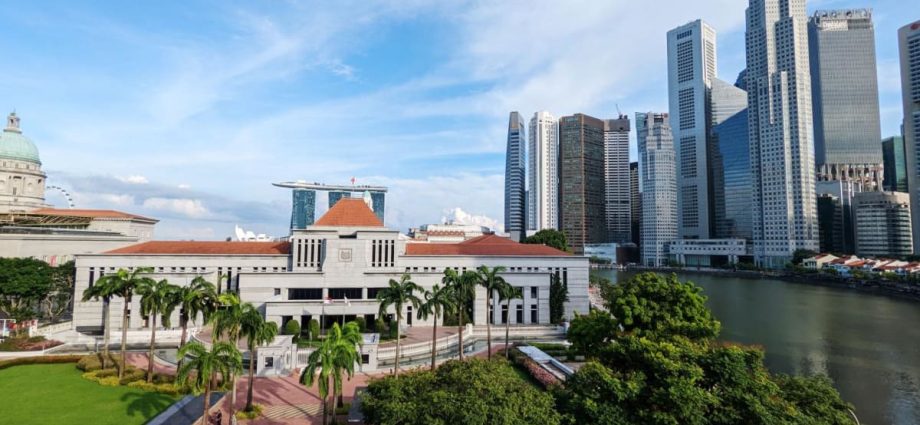
Certainly, maintaining Singapore’s competitiveness is a non-negotiable as, all things being equal, taxation of rising GDP must be the primary route to raising state revenues and ensuring fiscal sustainability.
Beyond that, our own question reflecting on the IPS workshops is this: If budget surpluses are an important additional hedge against the erosion of our reserves, could the mark of good governance be to achieve more than a balanced budget?
How about the extent to which the government of the day targets to achieve surpluses that match a moving 10-year average of rate of inflation?
Another suggestion is to consider it a legitimate and valuable endeavour for the government to build back the amount it might have spent during a crisis through such budget surpluses, if it is still the same party in power.
Likewise, citizens should expect to hear of such plans from any political party hoping to form government – they should start from the position of fiscal prudence which remains an important value held by Singaporeans if our deliberation exercise is anything to go by.
Hence, like the useful though imperfect analogy of household accounts, national budget surpluses are critical for the sustainability of our national finances, and integral to the concept of intergenerational fairness for a resource-scarce country in a tumultuous world.
Eddie Choo is a Research Associate and Gillian Koh, Senior Research Fellow at the Institute of Policy Studies, National University of Singapore. Both were part of the team that published the IPS Working Paper 51. Public Deliberation on Singapore’s Fiscal Policy and National Reserves.

